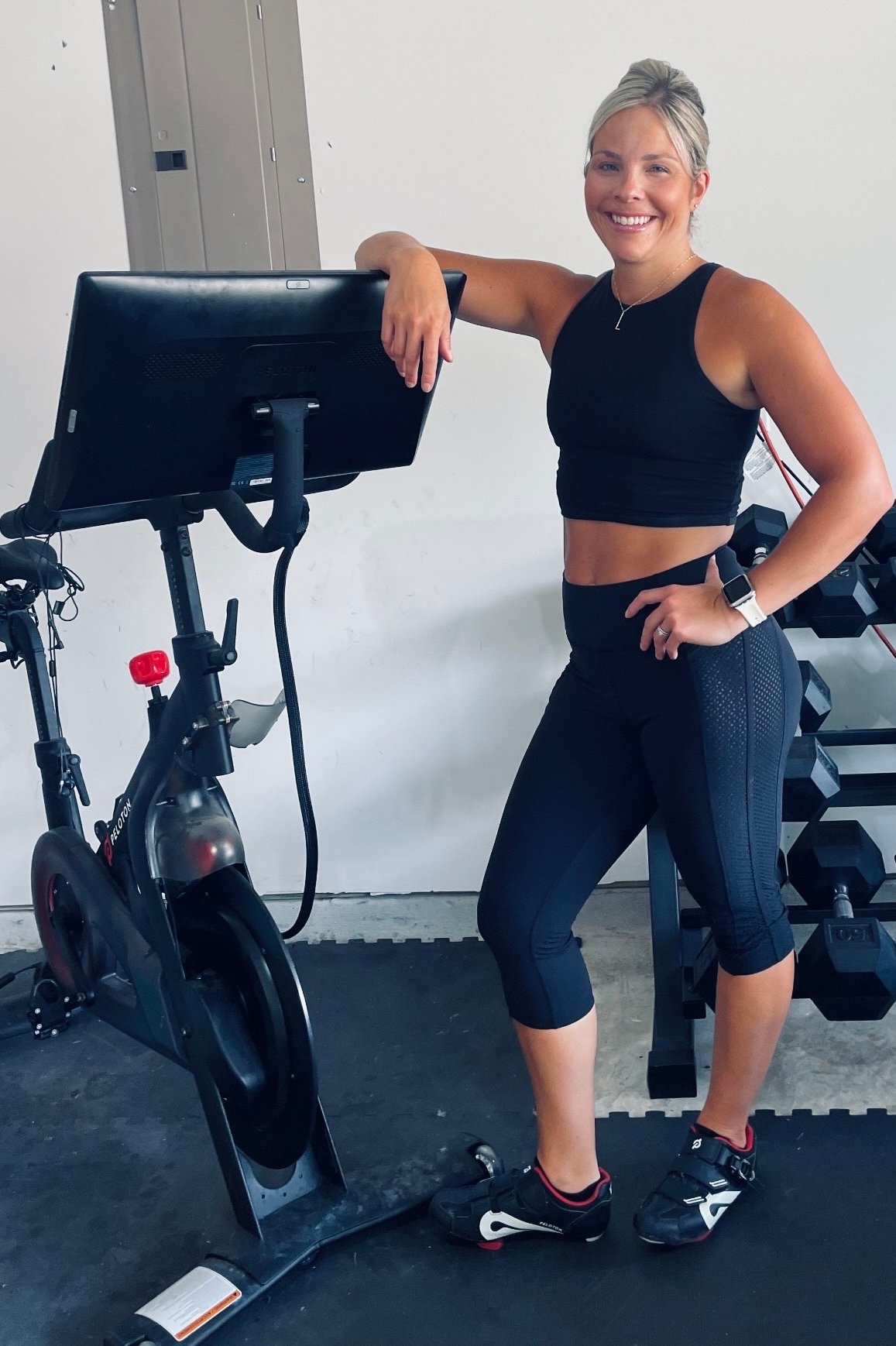She made an appointment with Dr. Dhaval Parekh, an interventional cardiologist with The Texas Heart Institute at Baylor St. Luke's Medical Center and senior faculty at Baylor College of Medicine. Dr. Parekh and the cardiac surgical team implanted a new valve in Lura’s heart through a minimally invasive procedure called a percutaneous catheter valve replacement. Dr. Parekh guided a Medtronic Harmony valve through a tiny catheter inserted in the groin. Lura received a new valve without having to undergo open heart surgery, which would have required a lengthy recovery time.
She stayed one night in the hospital and was discharged later that afternoon. For two weeks, she wasn't able to drive or lift anything over 10 pounds.
Two months after the procedure, Lura resumed her exercise routine. “I feel really great. Dr. Parekh cleared me to resume my workout, so I started back on the Peloton bike and some strength training as well. I feel like I'm back to my normal workouts, whereas for months, I kind of struggled because of my breathing,” she said.
According to Dr. Parekh, Lura's prognosis is excellent. “Artificial tissue valves, in general, last a decade,” he said, noting that the survival rate for Tetralogy of Fallot patients is now well above 90% thanks to advances in technology and science.
Adult Congenital Heart Disease patients require lifetime management from birth to old age, he explains. “Our cardiac team remains at the forefront of these advances for the benefit of our patients.”
Lura considered a number of surgeons and cardiologists for her care. “Dr. Parekh is known for adult congenital structural defects. So that alone put confidence in me to choose him because he knows what he's doing. This is all he does all day long.”





